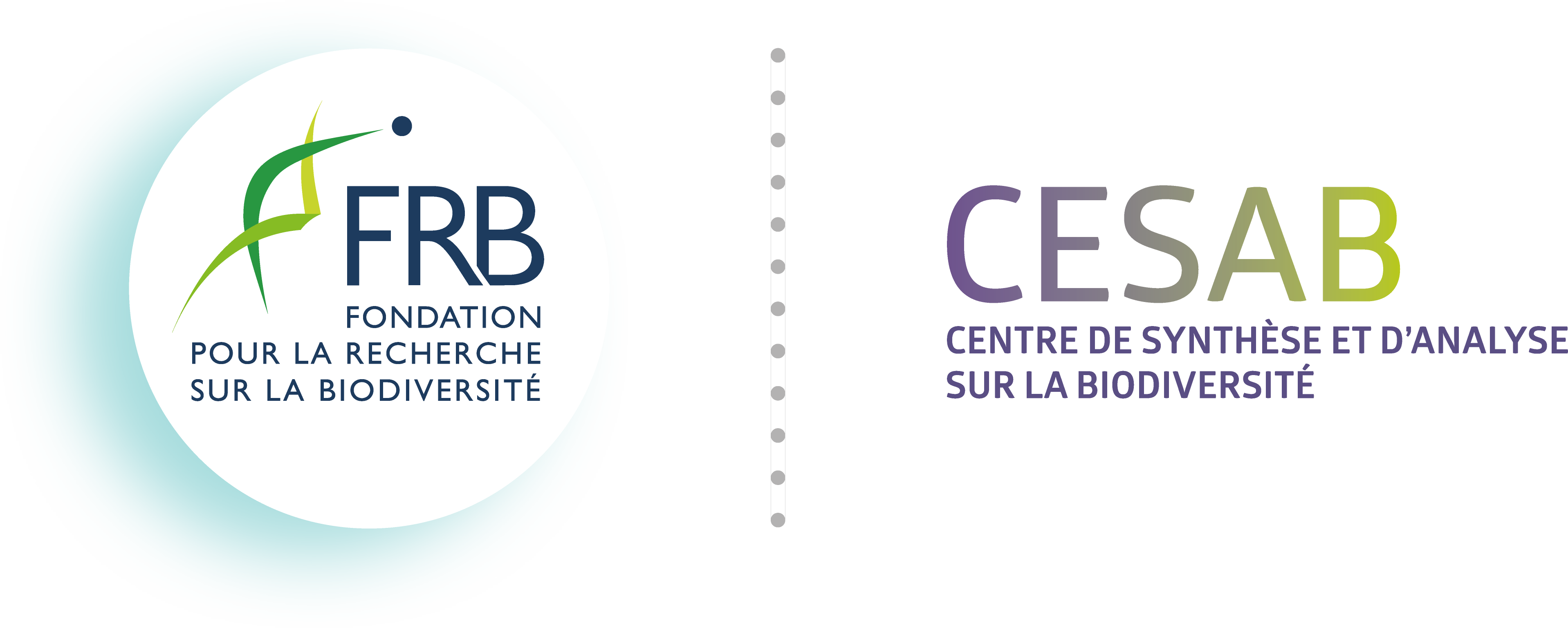
|
|
|
|
Dimensions of biodiversity: Scientific research to further the goals of IPBES As an appetizer to the IPBES-7 negotiations, CNRS is organizing a 2-day conference to discuss key scientific issues related to biodiversity. 15 years after the Millennium Ecosystem Assessment, IPBES (Intergovernmental Science-Policy Platform on Biodiversity and Ecosystem Services) is about to release its Global Assessment. Since its launch, the Platform has clarified the challenges associated with biodiversity and showcased the relevance of scientific knowledge for policy consideration. It has also accompanied major conceptual shifts. This Conference organized by CNRS aims to take stock of such advances through concrete examples of topics cutting across disciplines, providing innovative insights and discussing controversies, epistemologies, theories and scenarios, to work toward new synthesis that can be relevant for IPBES.
Tomorrow’s assessments and solutions are today’s research. Join us and discuss innovative ways to shape the future of science and biodiversity.
Participation at the conference is free, but registration is compulsory. Place: CNRS, 3 rue Michel-Ange, Paris 16 Language : English
APRIL 25TH, 2019 9:30-12:30 – Biological invasions: How can scientists respond to scientific denialism and social unawareness? Frédérique VIARD (CNRS), Franck COURCHAMP (CNRS) Despite their broad impacts, no driver of global change is less known by the public and by decision makers, and none is more subject to controversy among scientists, than biological invasions. Recent syntheses have analysed the reasons behind the lack of awareness and understanding on the part of the public and behind the questioning (ranging even to denialism) of invasion science. This session aims to present and discuss these misperceptions and controversies. This discussion is timely in light of the next IPBES assessment, which will be dedicated to Invasive Alien Species.
14:00-17:00 - Indigenous and local knowledge (ILK) within IPBES assessments and beyond: contributions to local and global well-being Yildiz AUMEERUDDY-THOMAS (CNRS), Margareta TENGBERG (MNHN) This session aims at achieving a better understanding of how science can work with indigenous peoples and local communities to re-think and strengthen the ties between people and nature. The contribution that indigenous and local knowledge (ILK) can make to environmental management has been increasingly recognized since 1992. It has become clear that ILK has roles to play in responding to global crises, such as the loss of natural habitats and biodiversity, increasing inequality in access to health facilities and adequate nutrition, and emergence of new diseases. Indeed, ILK is no longer shared only by people locally, researchers working on this subject, or by local NGOs ; international bodies and institutions increasingly address how mobilizing ILK can help us achieve an environmentally sustainable and socially just future. The Keynote speaker, Co-Chair of IPBES Global Assessment, Professor Eduardo S. Brondizio, will introduce the session followed by 5 speakers who will present how ILK contributes to understand nature’s contributions to people and potential synergies between science and ILK. Workshop 26 April 9 :00 – 12 :00, CNRS : Follow-up to plenary session (limited to 20 persons)
APRIL 26TH, 2019 9:30-12:30 – Blue forests and green oceans -- comparing the emerging properties across biomes Jerome CHAVE (CNRS), Joachim CLAUDET (CNRS) Forests and oceans both are key systems for our planet's biodiversity. They are exposed to major biodiversity threats, are essential for the carbon cycle, and pose specific challenges in biological conservation in relation to climate change. This session aims to explore the commonalities emerging from recent research on forests and oceans, based on large-scale observation and modelling. Of the emerging processes of importance, a focus will be placed on the impact of ecosystem changes on biodiversity and ecosystem services in both biomes.
14:00 - 17:00 – CESAB (CEntre for Synthesis and Analysis of Biodiversity) symposium: Future and prospects for large scale biodiversity analysis Claire SALOMON (FRB), Nicolas MOUQUET (CNRS) In a rapidly changing world, biodiversity research has moved from local-to continental-scale data collection and analysis and entered into the era of ‘big data’. With this transition has grown the need for scientific synthesis of complex information across multiple scales and disciplines. The CEnter for Synthesis and Analysis of Biodiversity (CESAB-FRB) aims to foster the synthesis of existing data on biodiversity. Since 2010, more than 500 researchers have participated in working sessions with the aim of improving and enhancing our knowledge and understanding of our precious ecosystems and their biodiversity, and ensuring their effective management and conservation. This 3-hour symposium will illustrate the future and prospects for large scale biodiversity analysis that have been explored during CESAB sessions. A keynote speaker will introduce the symposium (40 min) and five speakers will present the results of their synthesis working groups (25 min each).
In partnership with Place: CNRS, 3 rue Michel-Ange, Paris 16
|


